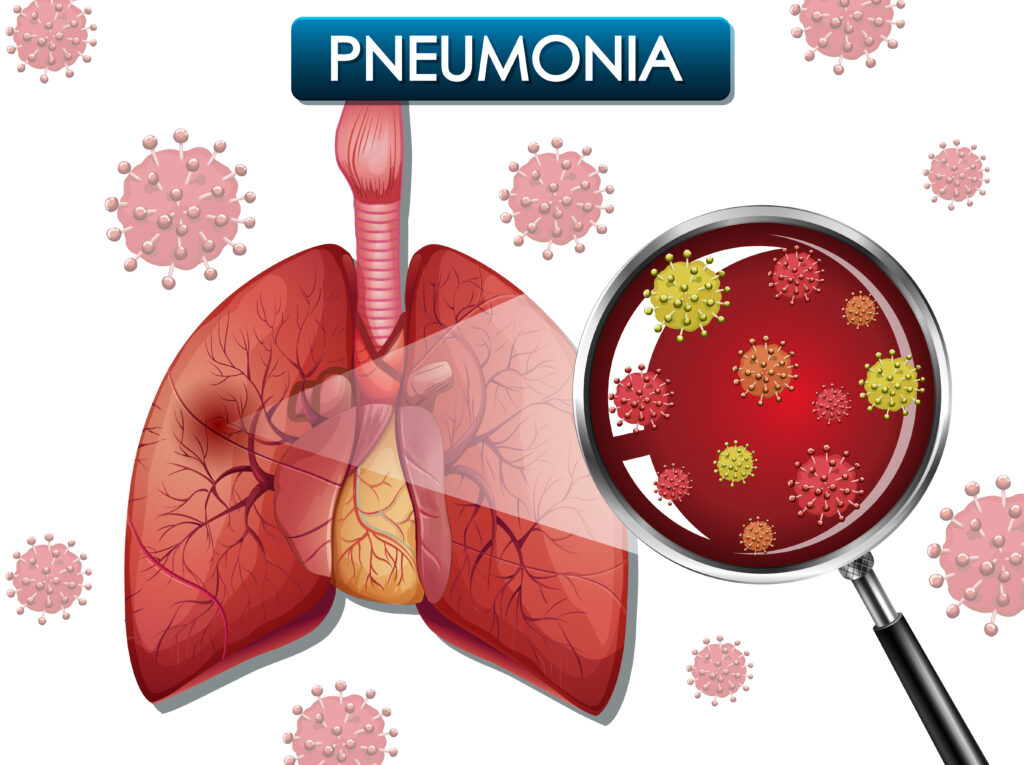Pneumonia is a lung infection that can affect anyone. It is important to know about pneumonia because it can become serious, especially for some people. In this blog, you will learn what pneumonia is, what causes pneumonia, and who is at risk. You will also find tips to help prevent pneumonia and know when to see a doctor.
What is Pneumonia?
Pneumonia is an infection in one or both lungs. It causes the air sacs in the lungs to fill with fluid or pus. Because of this, breathing can become hard. People with pneumonia may cough, have a fever, or feel very tired. Sometimes, pneumonia can be mild. However, it can also be life-threatening, especially for young children, older adults, or people with other health problems.
Main Causes of Pneumonia
Pneumonia can be caused by different germs. These germs can enter the lungs in many ways. For example, you might breathe them in from the air or get them from close contact with someone who is sick. Here are the main causes of pneumonia:
Sometimes, people can get pneumonia from breathing in food, liquid, or vomit. This is called aspiration pneumonia.
Key Risk Factors for Pneumonia
Anyone can get pneumonia, but some people have a higher risk. Knowing pneumonia risk factors can help you stay safe. Here are the main risk factors:
Because of these factors, it is important to know who is at risk for pneumonia. Preventing pneumonia is possible if you understand your risks.
How to Reduce Your Risk
There are many ways to lower your chance of getting pneumonia. First, get vaccinated. Vaccines can protect against some types of pneumonia and the flu. Next, wash your hands often. This helps stop the spread of germs. If you smoke, try to quit. Smoking harms your lungs and raises your risk. Also, keep your immune system strong by eating healthy foods, getting enough sleep, and staying active. If you have a health problem, manage it well. Finally, avoid close contact with people who are sick, especially during cold and flu season.
When to See a Doctor
Pneumonia can become serious quickly. Therefore, you should see a doctor if you notice these warning signs:
If you or someone you know has these symptoms, do not wait. Seek medical help right away. Early treatment can prevent problems.
Conclusion
Pneumonia is a serious lung infection, but you can take steps to protect yourself. Now you know what causes pneumonia, who is at risk, and how to prevent it. Remember, if you have symptoms or concerns, consult a healthcare professional for personalized advice about pneumonia.


